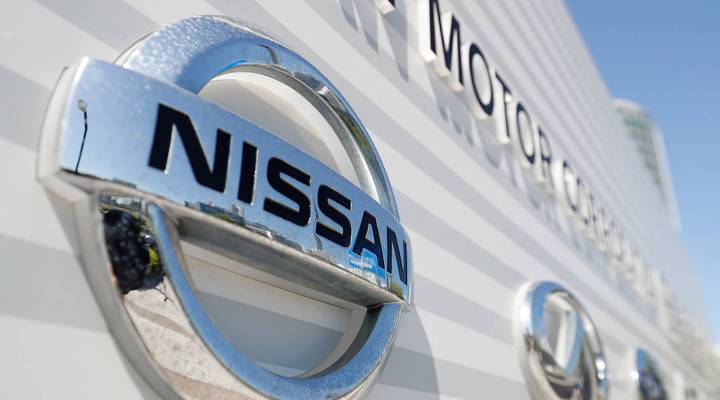
Nissan gets bigger to compete globally
Share Now on:
Nissan gets bigger to compete globally

Nissan is buying a 34 percent share of Mitsubishi to form what the two automakers are calling a strategic alliance. The idea is that the companies will be doing a lot of sharing, including factories and advanced technologies.
Some industry analysts believe collaborations like these – if not outright mergers – are a sign of what’s to come as competition ratchets up. In industry after industry, bigger is better.
Karl Brauer, an analyst with Kelly Blue Book, says given the ferocious competition in the car industry, Nissan buying into Mitsubishi is a smart move.
“Nissan, like every automaker, is scrambling to grab market share and maintain if not increase its global presence,” said Karl Brauer, an analyst with Kelly Blue Book.
For Nissan, the deal propels the company into the stratosphere of Toyota, Volkswagen and GM. In today’s climate, the thinking is, if you are a smaller player, you need deep pockets to weather what’s coming.
One challenge is that consumer demand may be peaking, said Bloomberg Intelligence analyst Kevin Tynan.
“We probably don’t need as many automakers pumping out as many vehicles,” he said. “I think there’s probably too many automakers that don’t do enough volume.
Car makers are also sprinting to keep up with the rapid pace of technology. Companies used to design a car, and leave it unchanged for seven years. Now it’s every three to five years, adding tons of pressure and new costs.
Of course, potential mergers and behemoth car companies raise the threat of higher prices. But IHS Automotive analyst Stephanie Brinley said that’s not why people will end up paying more for cars and trucks.
“What’s going to drive prices more likely than consolidation is the fact that we still have future fuel economy and fuel emission regulations to meet,” she said.
There’s a lot happening in the world. Through it all, Marketplace is here for you.
You rely on Marketplace to break down the world’s events and tell you how it affects you in a fact-based, approachable way. We rely on your financial support to keep making that possible.
Your donation today powers the independent journalism that you rely on. For just $5/month, you can help sustain Marketplace so we can keep reporting on the things that matter to you.


















